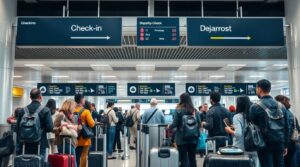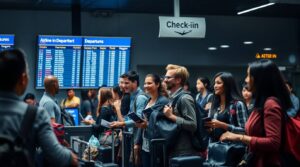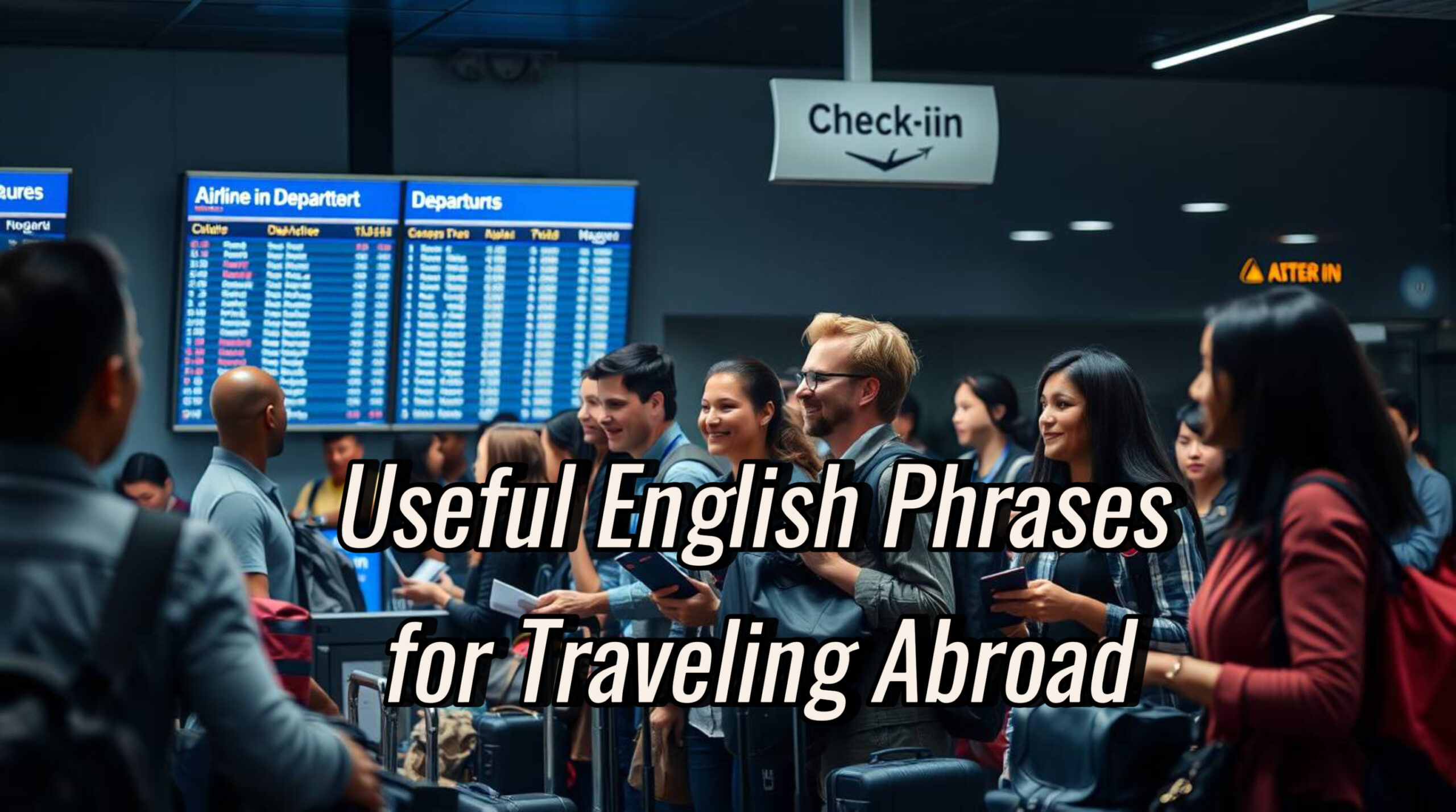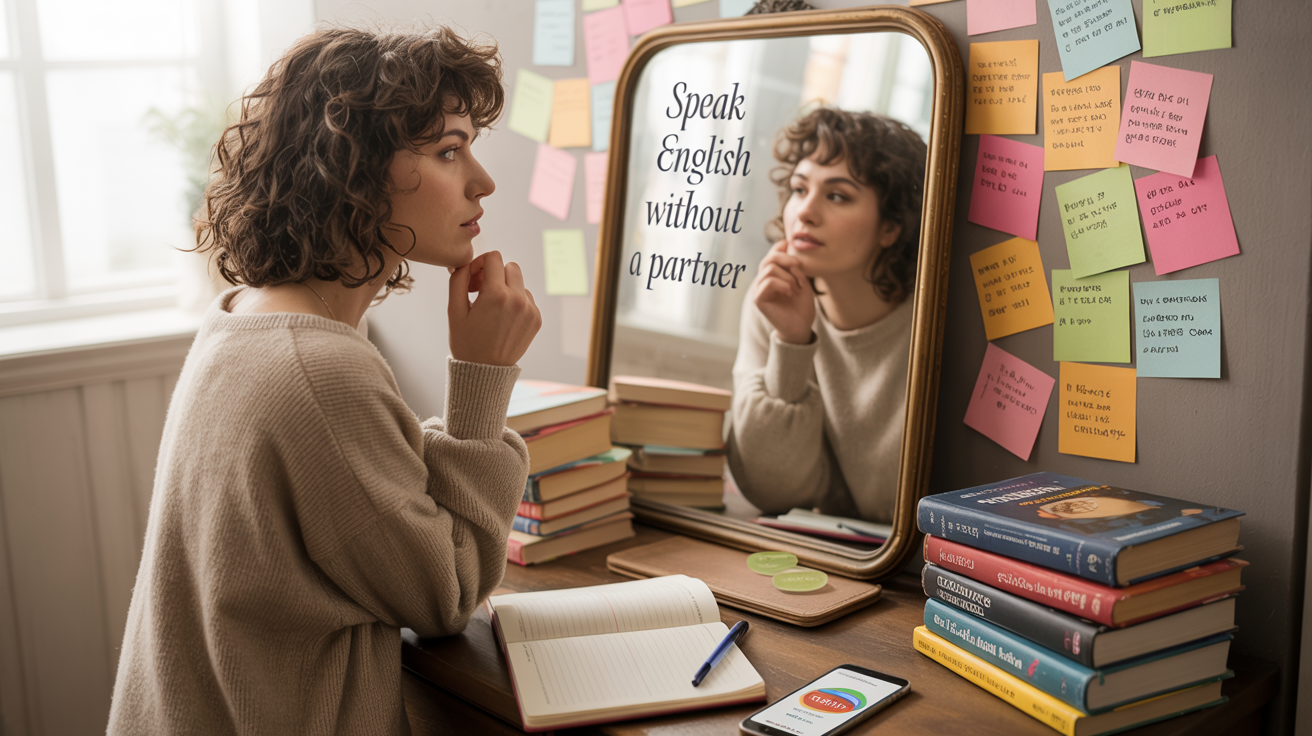Introduction
Traveling abroad is an exciting adventure, but it can also be a bit intimidating if you’re not confident in your English skills. Whether you’re visiting an English-speaking country or traveling to a destination where English is widely spoken, knowing some basic phrases can make your trip smoother and more enjoyable. For beginners at the A1 level, this guide will provide simple, practical phrases that you can use in various travel situations. By the end of this post, you’ll feel prepared to navigate airports, hotels, restaurants, and tourist attractions with ease.

Why Are English Phrases Important for Travel?
English is often considered the global language of travel. Even in non-English-speaking countries, many people working in tourism—such as hotel staff, tour guides, and restaurant servers—speak some English. Knowing a few key phrases allows you to communicate effectively, ask for help, and avoid misunderstandings. Plus, using English politely shows respect and makes locals more willing to assist you.
For A1 learners, focusing on short, easy-to-remember phrases is the best way to build confidence and ensure smooth communication while traveling.
Basic Vocabulary for Travelers
Before diving into specific phrases, let’s review some essential vocabulary related to travel:
Transportation
– Airport
– Train station
– Bus stop
– Taxi
– Passport
– Ticket
– Luggage / Baggage
– Boarding pass
Accommodation
– Hotel
– Check-in / Check-out
– Room key
– Reservation
– Breakfast included
Food and Dining
– Menu
– Bill / Check
– Water / Juice / Coffee
– Vegetarian / Vegan
– Allergic to [food]
Shopping
– Price
– Discount
– Credit card / Cash
– Receipt
General Travel Phrases
– Excuse me
– Thank you
– Sorry
– Please
– Where is…?
– How much is…?

Essential Phrases for Different Travel Situations
Let’s break down useful phrases based on common travel scenarios.
1. At the Airport
The airport is usually the first place you’ll need to use English when traveling. Here are some phrases to help you navigate check-in, security, and boarding.
Checking In
– “Excuse me, where is the check-in counter?”
– “I have a reservation under the name [Your Name].”
– “Can I have my boarding pass, please?”
– “Do you have any luggage to check?”
Going Through Security
– “Where do I go for security?”
– “Do I need to take off my shoes?”
– “Is this bag allowed as carry-on?”
Boarding the Plane
– “What time does the flight board?”
– “Where is Gate [Number]?”
– “Is this seat free?”
2. On the Plane
Once you’re on the plane, you might need to ask for assistance from the flight attendants. Here are some helpful phrases:
– “Excuse me, could you help me with my luggage?”
– “Could I have a glass of water, please?”
– “Is there Wi-Fi on this flight?”
– “When do we land?”
3. At the Hotel
After arriving at your destination, you’ll likely head to your hotel. These phrases will help you check in, ask questions, and request services.
Checking In
– “Hi, I have a reservation under the name [Your Name].”
– “Could you tell me what time breakfast is served?”
– “Where is the elevator?”
Requesting Services
– “Could you bring extra towels to my room, please?”
– “Is there a restaurant nearby?”
– “Can I get a wake-up call at 7 o’clock?”
Checking Out
– “I’d like to check out, please.”
– “Could I have my bill, please?”
– “Thank you for everything!”
4. Asking for Directions
Getting around in a new city can be challenging, but these phrases will help you find your way.
– “Excuse me, could you tell me how to get to [Place]?”
– “Where is the nearest train station?”
– “Is it far from here?”
– “Can I walk there?”
5. At Restaurants and Cafés
Eating out is one of the highlights of traveling. Use these phrases to order food and drinks confidently.
Ordering Food
– “Could I see the menu, please?”
– “I’d like to order [dish], please.”
– “Is this dish vegetarian?”
– “Could I have the bill, please?”
Special Requests
– “I’m allergic to nuts. Does this dish contain nuts?”
– “Could I have this without onions, please?”
– “Can I pay by credit card?”
6. Shopping
Whether you’re buying souvenirs or essentials, these phrases will come in handy.
– “How much is this?”
– “Do you accept credit cards?”
– “Can I try this on?”
– “Do you have this in a smaller size?”
7. Emergencies
It’s always good to be prepared for unexpected situations. Here are some phrases to use in emergencies:
– “Excuse me, I need help!”
– “Where is the nearest hospital?”
– “I lost my passport. What should I do?”
- – “Call the police, please!”

Tips for Using English While Traveling
Here are some additional tips to make communicating easier:
- Speak Slowly and Clearly: Don’t rush your words. Speaking slowly helps others understand you better.
- Use Gestures: If you’re struggling to explain something, pointing or miming can help.
- Carry a Phrasebook or Translation App: These tools can assist you in tricky situations.
- Be Polite: Always start with “please” and end with “thank you.” Politeness goes a long way!
- Practice Before You Go: Rehearse common phrases so they feel natural when you need them.
Common Mistakes to Avoid
Even beginners can make small mistakes when speaking English. Here’s what to watch out for:
- Incorrect Pronunciations: Focus on saying words clearly. For example, pronounce “schedule” as “sked-yool,” not “she-dule.”
- Missing Articles: Remember to use “a,” “an,” or “the” where needed.
– Wrong: “I want coffee.”
– Correct: “I want a coffee.”
- Confusing Prepositions: Pay attention to prepositions like “at,” “in,” and “on.”
– Wrong: “I am staying hotel.”
– Correct: “I am staying at the hotel.”
Sample Conversations
Let’s look at some real-life examples of conversations you might have while traveling.
Conversation 1: At the Airport
– You: “Excuse me, where is the check-in counter for Flight 123?”
– Staff: “It’s over there, near Gate 5.”
– You: “Thank you!”
Conversation 2: At a Restaurant
– You: “Could I see the menu, please?”
– Waiter: “Of course, here you go.”
– You: “I’d like the pasta, please.”
– Waiter: “Would you like anything to drink?”
– You: “Yes, a glass of water, please.”
Conversation 3: Asking for Directions
– You: “Excuse me, could you tell me how to get to the museum?”
– Local: “Sure, go straight for two blocks, then turn left.”
– You: “Thank you so much!”
Conclusion
Traveling abroad doesn’t have to be stressful, even if you’re still learning English. With these simple phrases and tips, you’ll be able to handle common travel situations with confidence. Practice these phrases before your trip, and don’t be afraid to speak up—even if you make mistakes. Locals will appreciate your effort, and you’ll gain valuable experience communicating in English.
Now that you’ve learned these useful phrases, why not practice them with a friend or family member? The more you practice, the more comfortable you’ll feel using them during your travels.




